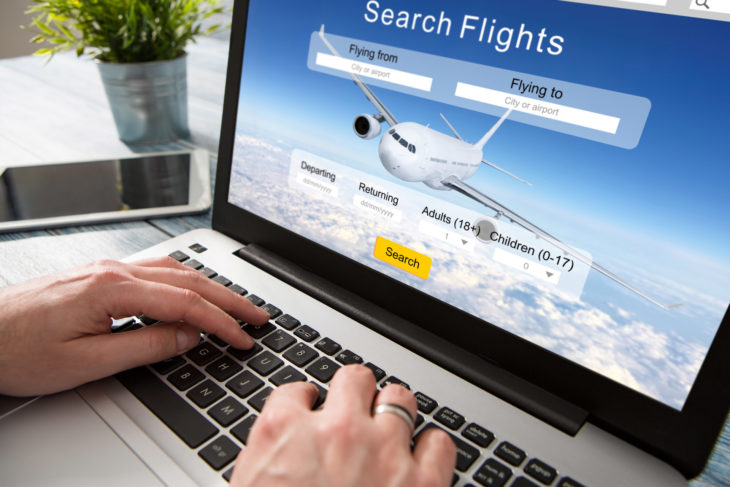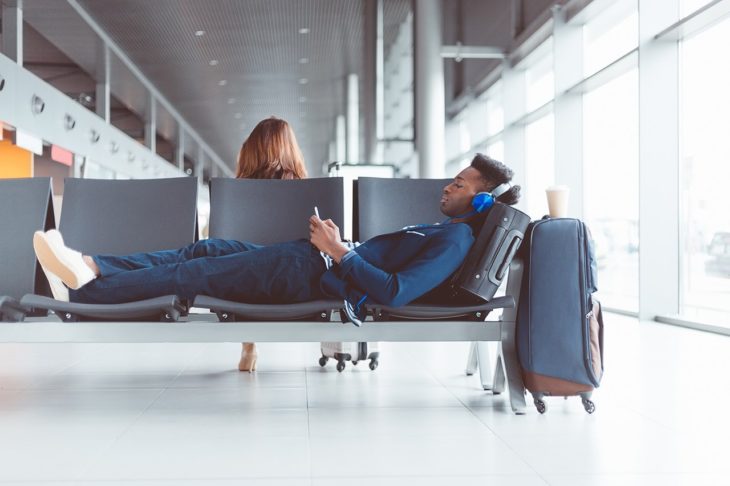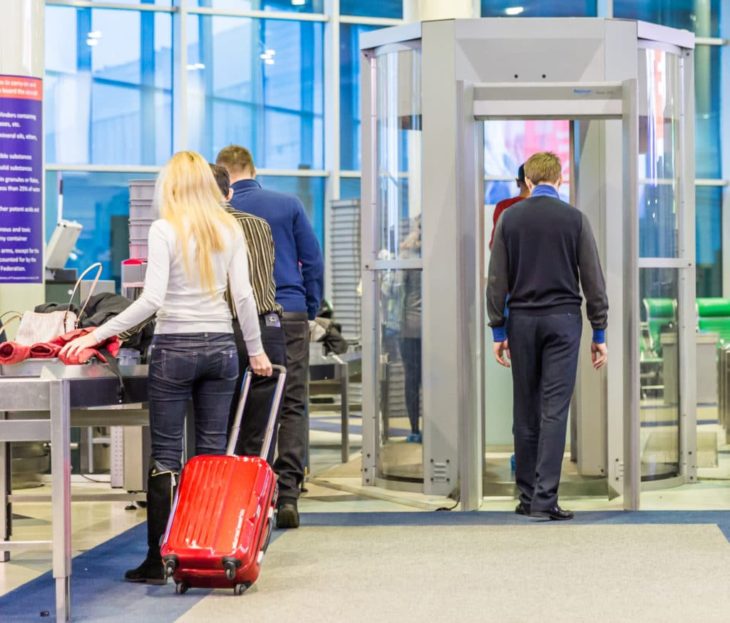There’s a real knack to traveling successfully for business trips. It’s not for everyone, and it will badly wear you down if you’re not careful. That is especially true when you’re hitting the road a lot.
Here are five tips to make business travel more manageable than it would be otherwise.
Contents
1. Book Right with Flights

Source: sintoniauno
When it comes to business travel, the cheapest deal isn’t usually the best option. A different mindset is needed when planning for flights.
For longer flight durations, an evening flight is best because they’ll dim the lights in the cabin through part of the night to let the passengers sleep. While you don’t get a full night’s rest, even a little bit helps. If you have appointments or actions to complete the next day, then at least you’ll get through it with the help of some coffee or energy drinks.
2. Dress Appropriately

Source: Five Elements Robotics
Even though you’re on the move, it’s still necessary to dress appropriately. The world is watching. For instance, if you’re traveling to a business conference where many familiar industry contacts will be in attendance, you may bump into some of them at the arrival airport.
Making the right impression is essential. Whether that’s travel attire, business suits for the conference, or your luggage, make sure it’s all on-point. It can make the difference between getting the right reaction or creating unwanted questions if you’re looking a little disheveled.
3. Be Organized

Source: thepointsguy
It’s necessary to be better organized when you’re regularly traveling on business. If you’re not very prepared most of the time, you should know that it won’t work when you are on the road. It will lead to many delays, inconveniences, and refusals if you cannot supply what’s required.
4. Airport Security Requirements

Source: EYES Sécurité
For instance, in a security delay at an airport, it’s common to see requests for multiple forms of photo ID. Do you carry a driving license even when you’re flying and not planning to use a hire car service? It’s a good idea to do so anyway.
New requirements are coming into force in a few months known as Real ID, which will change what is acceptable. Are you ready for the change yet?
5. Confirm All Bookings

Source: Forex Academy
In the age of online and app bookings, it’s a good idea to go old school by confirming over the phone whether you have a valid reservation. Be ready to quote the booking reference number to validate if they have received your booking.
For airlines, make sure the check-in and luggage rules are understood and acted upon correctly.
6. Don’t Overbook Yourself

Source: VideoBlocks
In the effort to be more efficient and maximize your time, it’s easy to book too many meetings or pack too much into 1-2 days.
Don’t forget that any amount of travel and flights are exhausting on the body. It takes time to recover from them. Avoid overbooking your appointments or meetings to prevent barely being present when you’re there.
7. Setup Meetings in Advance

Source: yourtrustedplanner
People are busy. Senior executives are often booked up weeks in advance.
Don’t make the mistake of leaving it to the last minute to request a meeting or, worse still, seeking one by walking into their offices and asking for a meeting there and then. That smacks of being unprepared and disorganized.
If the contacts are new, but it’s essential to meet them in person, then build the business relationship over the months leading up to a planned trip. Then pitch a meeting and see if you can coordinate a date and time to meet when you’re in town.
8. Have a ‘Plan B’ Ready to Go

Source: Shutterstock
Expect that some things will not go as planned. There’s just too many variables and unknowable issues to contend with here.
9. Hotel Bookings

Source: GettyImages
Have a second and third hotel options ready to place a quick booking. That covers you in case the hotel lost your booking (and you failed to confirm it) and didn’t have a spare room to put you in. By having other options ready, you can try to book using your smartphone as soon as it becomes clear the first hotel is a no-go.
Pre-install a hotel booking app like Booking.com or Travelocity. Set up an account, add your bank card details, and get it approved and ready to use immediately. Save nearby hotels in the app that meet your requirements. This way, another booking is just a touch screen away!
10. Flight Bookings

Source: Jonas Chorum
Even with bookings weeks in advance, a flight can get canceled or overbooked.
Learn what alternative airlines there are that fly the same routes. Get their app installed on your smartphone. Also, figure out alternative ways that will get you to your destination if the weather turns bad, and your departure airport is shutdown. If you have to re-route to another airport, you should know where to go.
11. Available Finances

Source: Praca
If something goes wrong with your bank card and charges aren’t being accepted, you’ll need to get money another way. There isn’t always a local bank branch where you’re staying either.
Look at who can send money online to you, should the need arise. That can be transferred into your checking account or received in cash from a verified agent. It’s always good to know you can get out of a money jam should you need to handle it personally. For more information, visit Ria Money Transfer.
As you can tell, there are quite a few things you need to know or keep on top of when it comes to travel. You also should have contingencies in place to ensure that you can make your meetings. Think about what would happen if your laptop died just before the meeting. How would you handle that and still have a successful meeting? These types of issues are not that unusual, but when you’re away from your home base, it’s another matter entirely.
By being disciplined and organized in the way you approach business travel, most of the significant problems are avoidable. And as for the rest, you’ll be far better placed to handle them calmly with an affirmative action that resolves the difficulty quickly and efficiently.
